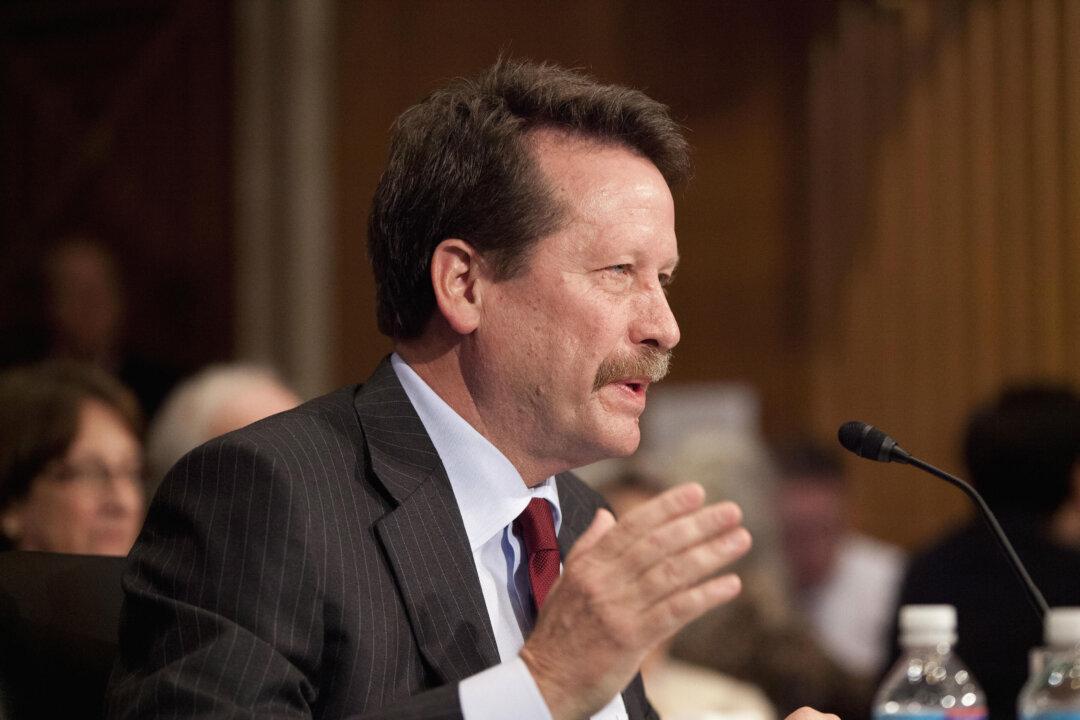WASHINGTON—President Barack Obama’s nominee to lead the Food and Drug Administration defended his record Tuesday as senators pressed him about rising drug prices, slow approval times for new drugs and his ties to the pharmaceutical industry.
Dr. Robert Califf, 64, is currently the No. 2 official at the agency, which regulates consumer products from medications to seafood to e-cigarettes. He joined the FDA as deputy commissioner earlier this year after more than 30 years as a prominent cardiologist and medical researcher at Duke University.
At his confirmation hearing in the Senate Health, Education, Labor and Pensions Committee, most senators signaled support for his nomination, though some Democrats raised concerns about Califf’s ties to industry. In 2006, Califf founded the Duke University Clinical Research Institute, a contract research group that has conducted studies for virtually all of the world’s largest drugmakers.
Vermont Sen. Bernie Sanders, a Democratic presidential candidate, told Califf he would oppose his confirmation because he isn’t “strong enough” on the issue of lowering drug prices.
“I believe we need a commissioner who is going to stand up to the pharmaceutical industry and protect American consumers,” Sanders said. “You are not that person.”
Outside the hearing, Sanders said he would consider holding up Califf’s nomination.
Government disclosure forms show that Califf received more than $29,000 in consulting fees, travel, meals and other payments from drugmakers last year.






